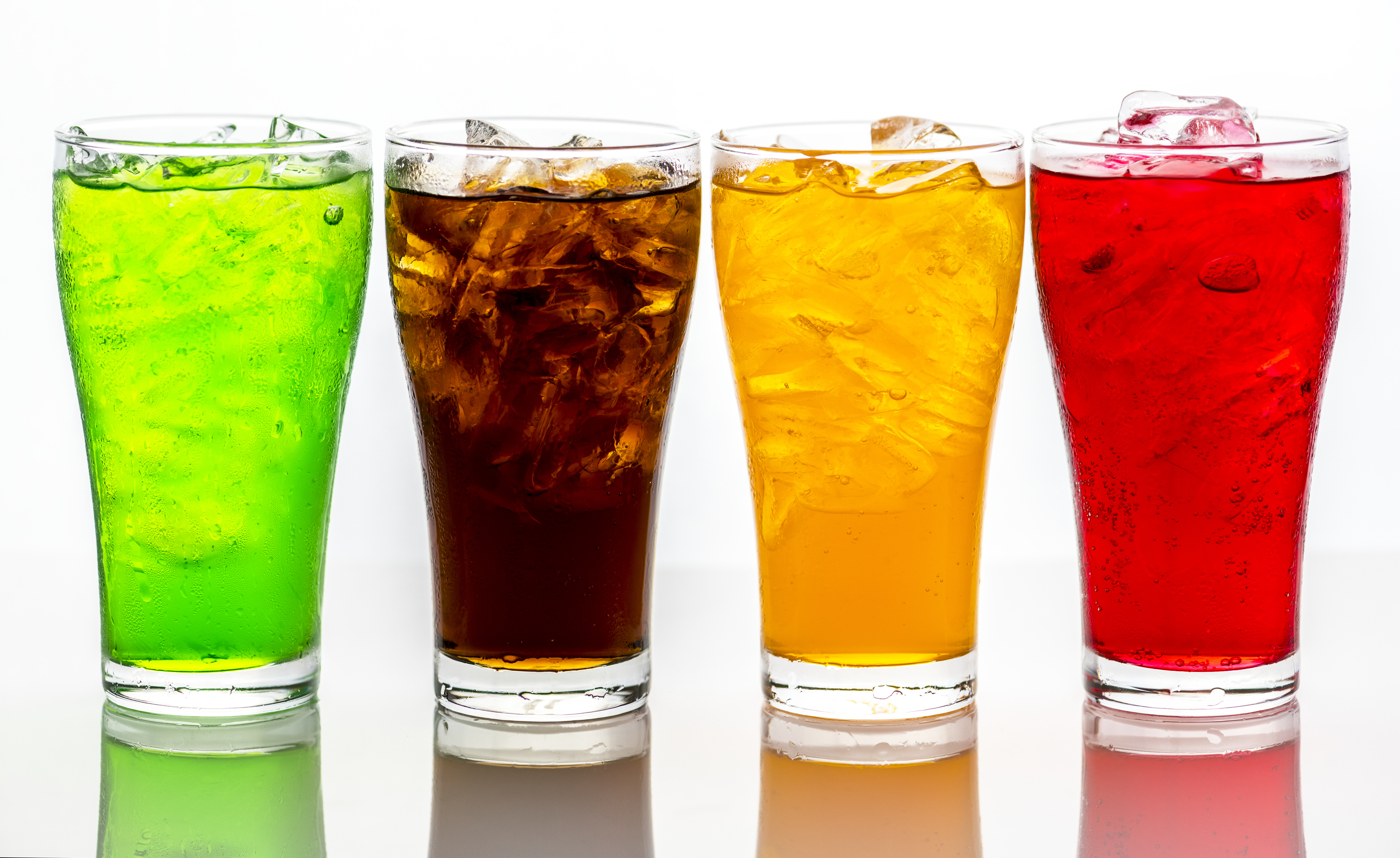Media release
From:
High Sugar-Sweetened Beverage Intake and Oral Cavity Cancer in Smoking and Nonsmoking Women
About The Study: High sugar-sweetened beverage intake was associated with a significantly increased risk of oral cavity cancer in women, regardless of smoking or drinking habits, yet with low baseline risk in this study. Additional studies are needed in larger cohorts, including males, to validate the impact of these findings.




 International
International



